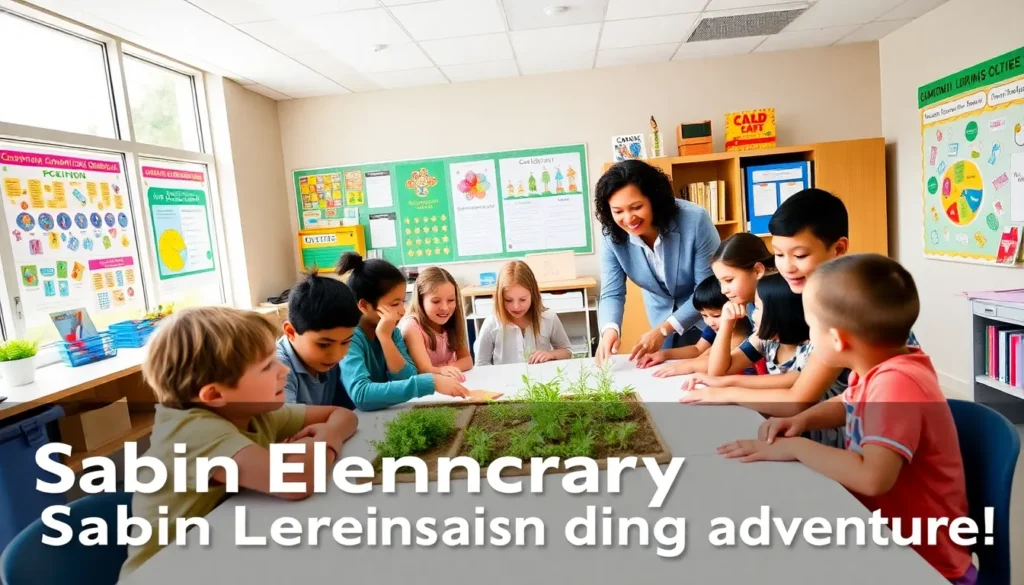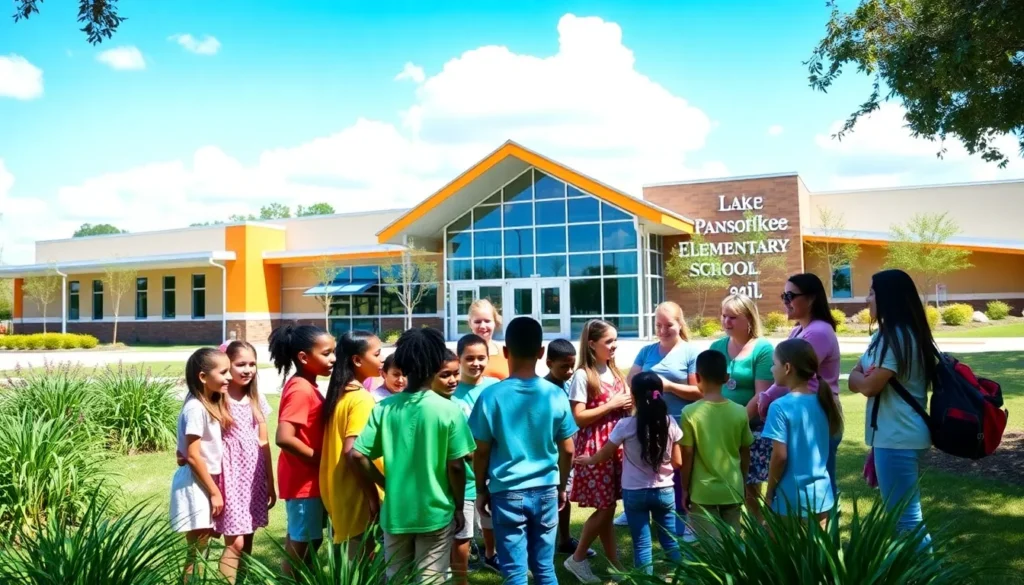Divorce can feel like riding a rollercoaster, up and down, twist after twist, but once the dust settles, co-parenting becomes the new normal. Imagine navigating this new terrain with grace and a sense of humor, but without the unnecessary drama. In Arizona, co-parenting is a unique challenge and opportunity. The good news? You don’t need to reinvent the wheel. This guide covers everything you need to create a successful co-parenting arrangement, ensuring your kids thrive in their post-divorce lives. Buckle up, grab a snack, and let’s jump into this essential journey.
Table of Contents
ToggleUnderstanding Co-Parenting

Co-parenting after divorce is about nurturing a harmonious environment for children, even though the adults’ differences. It’s not merely a task but a joint effort to raise kids while navigating the complexities of separate lives. Understanding this concept is crucial because it shapes how ex-partners interact, fostering a positive impact on the kids.
This arrangement often involves sharing responsibilities, from school events to scheduling playdates. Each parent brings their own approach, and striking a balance can underscore the importance of teamwork. The goal is simple: prioritize the children’s well-being while limiting conflicts.
The Importance of Effective Communication
Effective communication stands as the cornerstone of successful co-parenting. Regularly talking (or texting) about schedules, school events, and the kids’ needs creates a stable foundation. When both parents are on the same page, it minimizes misunderstandings, building trust that’s essential for collaboration.
Using tools like family calendars can help keep everyone informed, reducing those last-minute surprises. After all, no one wants to drop the ball on a kid’s birthday party or special school function. Also, being respectful and maintaining a friendly tone can defuse tension before it escalates.
And let’s not forget: it’s crucial to model effective communication skills for the children. They learn how to handle disagreements by observing their parents. So, why not set a good example? After all, conversations about feelings and needs can lead to healthier relationships later in life.
Legal Considerations in Arizona
Dealing with legalities is a significant aspect of co-parenting that can’t be overlooked. In Arizona, the law emphasizes the child’s best interests, which means creating a balanced approach to parenting time, financial responsibilities, and overall care.
Developing a Co-Parenting Plan
Creating a well-structured co-parenting plan is vital. This document outlines how parents will share custody, manage parenting time, and handle decision-making for the kids. It can help set expectations and reduce the likelihood of disputes. Arizona courts often look favorably upon well-defined plans, which can make the legal process smoother.
Managing Parenting Time and Schedules
When it comes to parenting time, consistency is key. Think of it as creating a schedule for a joint project, everyone needs to know their role. Parents should work together to establish a fair distribution of time that caters to their work schedules and the kids’ activities. This might mean alternating weekends or having special days dedicated to one parent. Use tools like online calendars to manage these schedules effectively.
Addressing Financial Responsibilities
Financial obligations in co-parenting extend beyond basic child support. They encompass additional expenses like school fees, extracurricular activities, and healthcare. Establishing clear financial guidelines within the co-parenting plan helps avoid misunderstandings and ensures all expenses are addressed promptly.
Handling Conflict Resolution
Disagreements are a natural part of any relationship, including co-parenting. But, the way conflicts are handled can significantly impact the children. When tensions rise, seeking resolution should be the focus, not winning the argument.
Utilizing strategies like mediation can help resolve disputes amicably. A neutral third party can help discussions, ensuring both voices are heard. Besides, practicing patience and focusing on the long-term goal of effective co-parenting can help parents remain calm during tough moments. Remember, solving conflicts with the kids’ welfare in mind leads to healthier family dynamics.
Setting up protocols for conflicts, like scheduled check-ins or a dedicated communication channel, can also provide structure and reduce chaos.
Resources for Co-Parents in Arizona
Navigating co-parenting is easier with the right resources. Arizona offers numerous programs and organizations aimed at supporting co-parents:
- Arizona Parenting Institute: Focuses on providing education and resources to divorced parents.
- Co-Parenting Courses: Many local organizations offer workshops designed to foster better communication and cooperation between ex-partners.
- Mediation Services: Legal services can assist in navigating challenges without heavy litigation expenses.
- Support Groups: Joining a co-parenting support group can provide emotional help and a space to share experiences with others in similar situations.
These resources can make the journey smoother, enabling parents to focus on what truly matters, their children.









